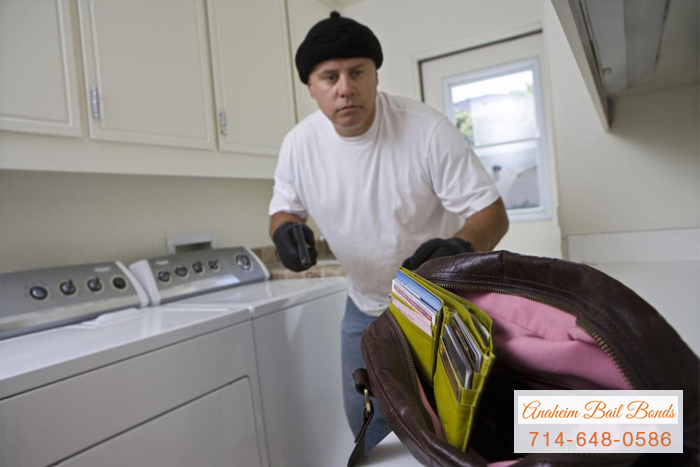Can Marijuana Legally Be Smoked in Public?
 Back in 2016, Californian voters chose to approve the legalization of the recreational use of marijuana. The law went into effect at the start of 2018, and so for the last two years, people have been able to enjoy marijuana recreationally. However, even though marijuana usage has been legal for 2 years, there is still a lot of confusion around the law.
Two years isn’t a lot of time in legal terms. Many of the laws that people are familiar with have been around for decades, which is why people are so familiar with them. Since the marijuana laws are so new, the general public hasn't had enough time to get to know every single detail. This is why some people are still confused
Back in 2016, Californian voters chose to approve the legalization of the recreational use of marijuana. The law went into effect at the start of 2018, and so for the last two years, people have been able to enjoy marijuana recreationally. However, even though marijuana usage has been legal for 2 years, there is still a lot of confusion around the law.
Two years isn’t a lot of time in legal terms. Many of the laws that people are familiar with have been around for decades, which is why people are so familiar with them. Since the marijuana laws are so new, the general public hasn't had enough time to get to know every single detail. This is why some people are still confused











